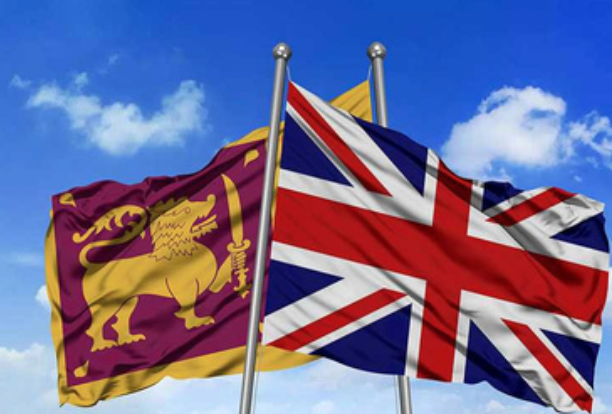Thousands of Sri Lankans aspiring to higher education in the United Kingdom will likely face increased tuition costs from a 6% levy the Labour Government has proposed on fees paid by international students, as part of a broader policy to cut down the number of immigrants.
Living costs applicable for London and elsewhere have already been increased. For graduates, permission to stay will be reduced. The graduate visa allows permission to stay for two years after successfully completing a programme. At degree- level, five years’ stay is allowed now.
The planned surcharge needs approval through an Act of Parliament and UK Chancellor Rachel Reeves is expected to outline details in the budget next Wednesday.
Universities UK says the English higher education sector rakes in £10.3b a year in international fees. Reported estimates show the 6% levy could generate £621m.
Once accepted by a UK university, the money needed to pay for living costs has been increased from 11 November. International students must pay Council Tax.
August is usually the peak period for study visas. In mid-October, the UK Home Office changed the immigration rules including raising the amount that students need to have as living costs — £1,529 a month in London (about Rs 611,618), up to a maximum of 9 months, and £1,171 a month outside London, up to a maximum of 9 months. The Home Office estimates the student numbers will fall by 14,000 a year.
At the same time, the UK is laying the groundwork for campuses in India aiming to reap a £50 million (about Rs 19.995b) payday from a potential pool of 40 million students.
University of Southampton opened a campus in Delhi earlier this year. The University of Lancaster and the University of Surrey have been approved to open new campuses. This expansion was sealed during a visit by UK Prime Minister Sir Keir Starmer who led a trade mission in early October.
The UK is a sought after destination for thousands of Sri Lankans, many of whom are excluded from domestic universities due to admissions capacity limits unaddressed since independence from British rule, except for tinkering on the edges.
Opposition to the levy has surfaced and some UK universities have called for a review. UK universities could pass on the costs of the levy to undergrads and postgrads, or absorb the financial burden.
Think tank, the Higher Education Policy Institute, has estimated annual costs of £621m to UK universities.
Exporting education to foreign students is a lucrative business for the UK. Government data show that in 2022, education generated £32 billion (about Rs 12.797 trillion) export revenue, of which nearly £1 billion (about Rs 399.908b) was from international campuses.

According to a study, in 2022-2023, Sri Lankans accounted for 53,915 enrolments, the second highest for UK qualifications offered in Sri Lanka through a host institution, what is termed by the UK as “transnational education’’.
In contrast, 3,145 Sri Lankans enrolled in Australian higher education institutes, in 2022.
In 2022, Sri Lankans accounted for 10% of all UK transnational education enrolments globally. In the five years from 2018-2019 to 2022-2023, enrolments from Sri Lanka shot up by 50%.
Parliamentary papers show that foreign students entering UK universities reached a record of 459,200 in 2022-23, before falling to 428,200 in 2023-24. Indians dominated the numbers with 107,500 in 2023-24.
The Office for Students, the regulator, lists 400 plus providers of higher education courses in England, the result of the sector becoming a money-spinning commodity.
Labour is proposing grants to some subjects for needy students at home but funding them with more fees on international students. UK Council for International Student Affairs has suggested this is unethical and that student numbers will fall along with the revenue.
For graduate route visa applicants, who can only apply while in the UK, permission to stay will be cut to 18 months, from 24 months if applying on or after 1 January 2027.
House of Commons documents show that immigration related changes were proposed in a 12 May 2025 white paper policy document. Changes are to make it harder to move to and settle in the UK, with a view to reducing net migration.
A white paper does not, by itself, alter the law or the immigration rules. It presents intended changes. Some proposals have been implemented since May.
(COURTESY ST)


